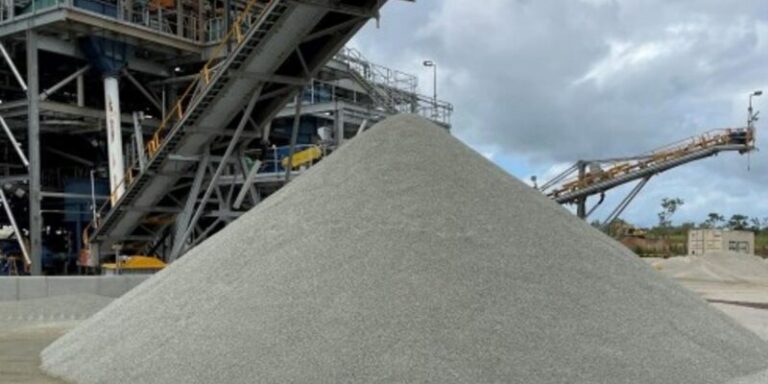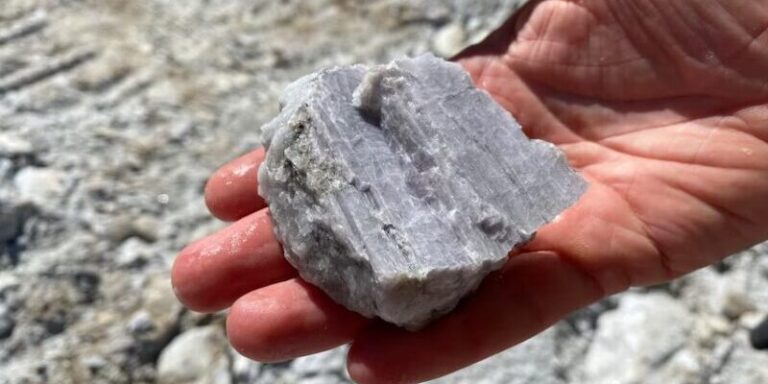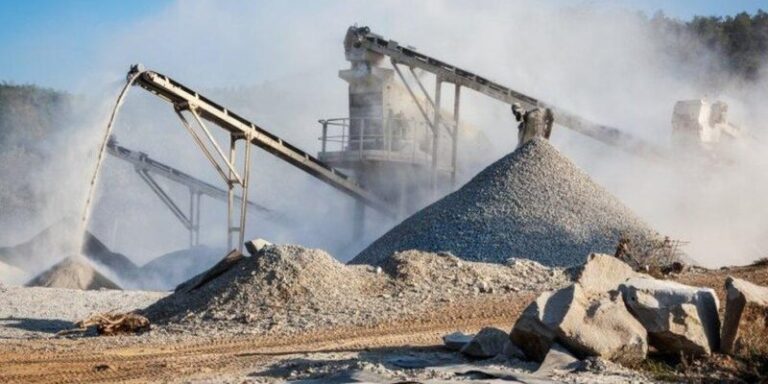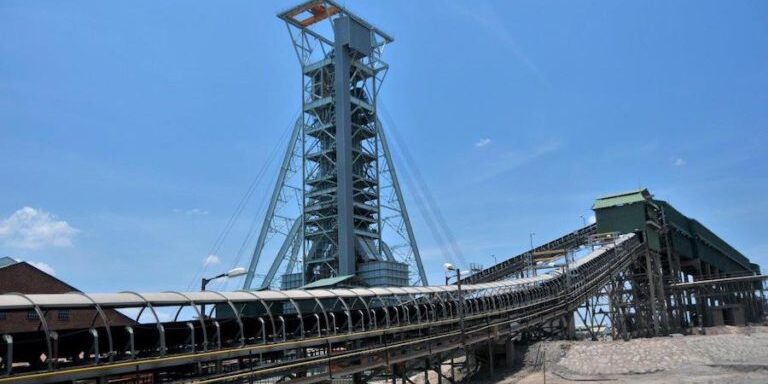
The United States is facing a growing challenge with its lithium supply, impacting both commercial interests and national security.
The demand for lithium, driven primarily by electric vehicles (EVs) and other high-tech applications, is skyrocketing, yet secure sources of this critical mineral are becoming increasingly uncertain.
Contrary to popular belief, it’s not everyday consumer products like smartphones and laptops that are straining the lithium supply.
Instead, it’s the exponential demand from industries like EVs, semiconductors, and specialized batteries that’s creating the dilemma.
The US must urgently develop independent supply chains for critical minerals, reducing reliance on China, for both economic and national security reasons.
Current policies, notably regulations outlined in the Inflation Reduction Act (IRA), are exacerbating the issue by hindering the growth of the EV market, which is crucial for driving the development of alternative supply chains. To address these challenges, strategic actions are imperative.
National Security Concerns:
The outsourcing of manufacturing to Asia has exposed the US to risks in critical sectors, including pharmaceuticals and now, batteries and semiconductors.
With China dominating the lithium-ion battery industry, the US military could face supply shortages, jeopardizing national security interests worldwide.
China’s Dominance:
China’s strategic efforts to control the lithium supply chain have been deliberate and effective. Through substantial subsidies and anti-competitive practices, China has secured its dominance in the global market, posing a significant challenge to US interests.
Impact on Electric Vehicles:
As the demand for EVs continues to rise, fueled by clean-energy policies, the US risks losing out on economic opportunities while facing potential security vulnerabilities.
Policy interventions, such as the IRA, intended to stimulate domestic battery production, are instead stifling consumer demand and hampering industry growth.






